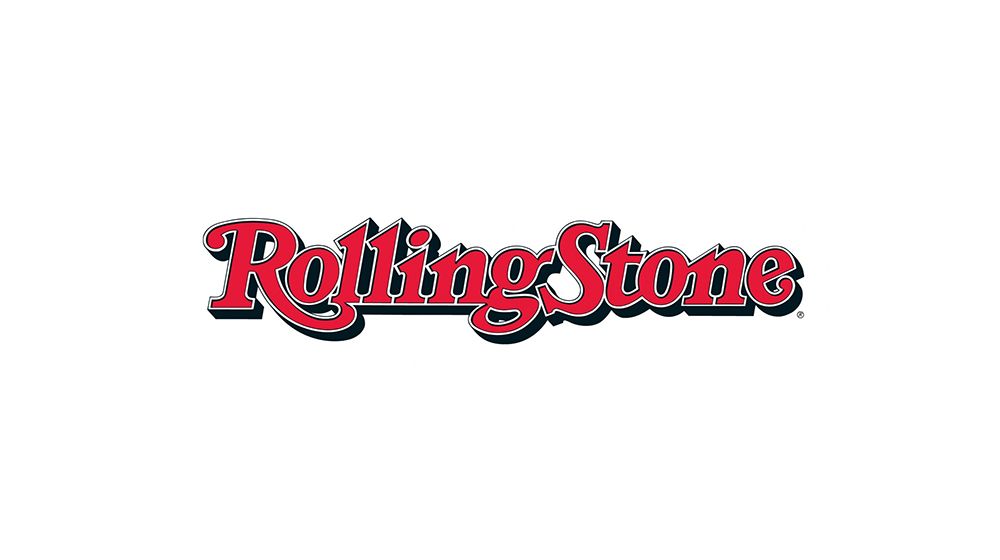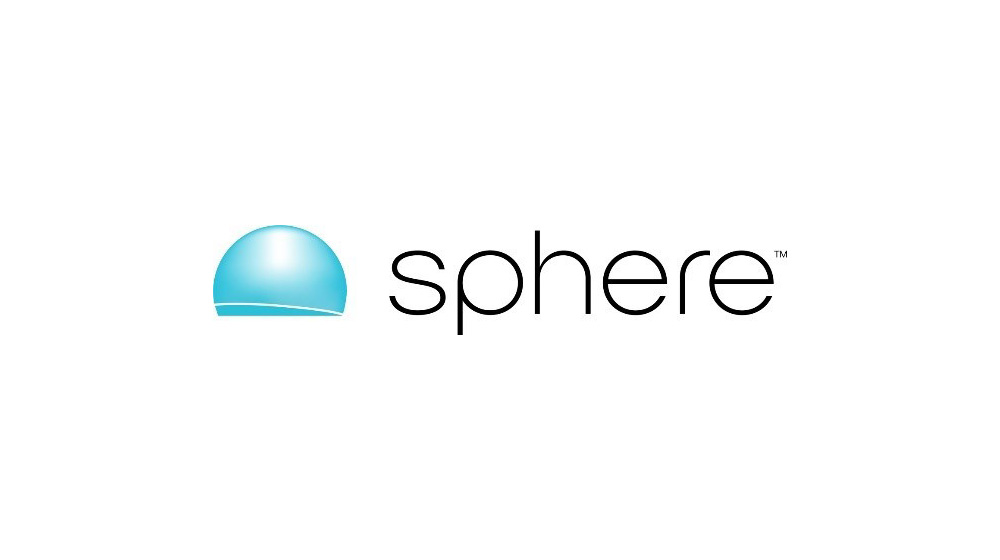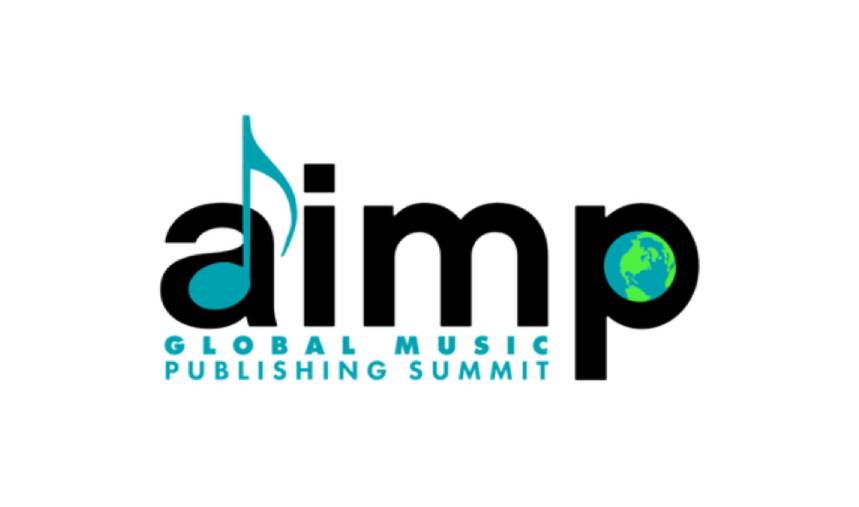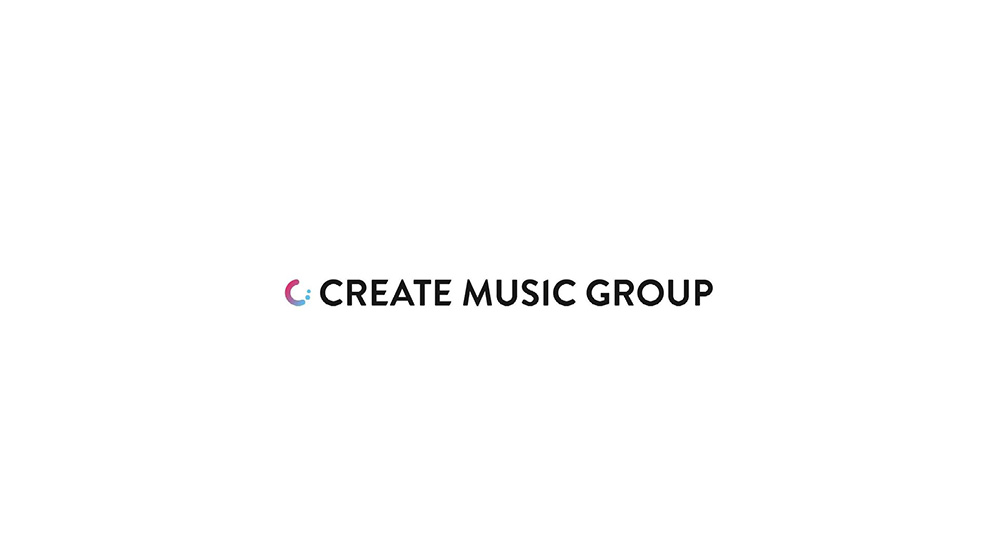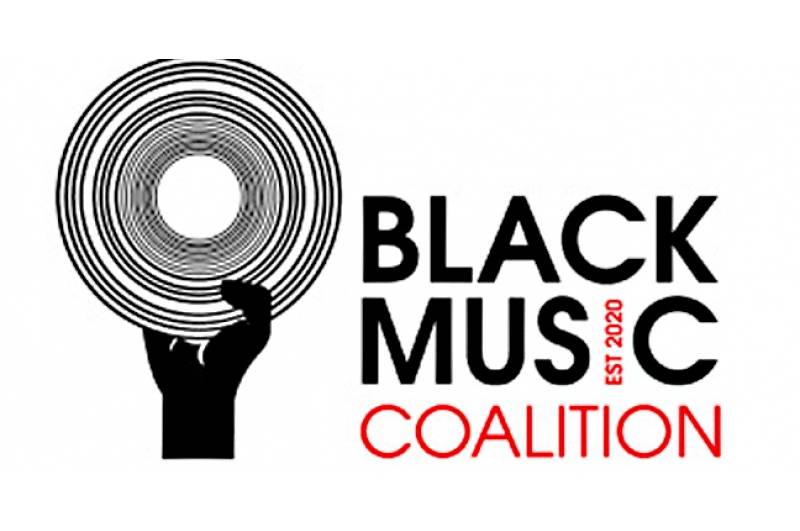
CUPERTINO, CA (Hypebot) – According to recent reports, Apple has been aggressively discouraging labels from participating in Amazon MP3's Daily Deal. Feature a new release there, the labels have been told, and your release will get no promotion at all on iTunes.
Being an aggressive competitor is nothing new for Apple. It's also common for labels for show a preference for their largest retailer. But this particular skirmish reveals both Apple's hypocrisy as well as just how much the major labels fear Steve Jobs.
Anatomy Of The Daily Deal
The Daily Deal is, for all practical purposes, a free promotion subsidized by Amazon. If accepted into the program, artists and labels are asked for a one day exclusive. During that 24 hours Amazon aggressively discounts the title to between $1.99 and $3.99. In part, to keep each sale eligible to be counted on the major charts, Amazon actually reimburses the labels at the normal wholesale price. In effect, subsidizing about $3 of each purchase. Amazon MP3 also features the title on its web pages and to the 1.4 million that follow the Daily Deal on Twitter.
Unlike the old price and positioning charges at brick and mortar retail, Amazon and most other online retailers do not charge labels for these promotions. In the case of the Daily Deal, artists and labels are only asked to promote the release via their web sites, email lists and social networks.
Some label executives worried that deep discounts cannibalized early sales that would have happened at full price. But one major label group recently told its labels that its own studies had shown that as much as 95% of all Daily Deal sales were incremental and would never have happened without the discount.
Apple Fights Back
Steve Jobs has often attempted to position himself as a champion of music and Apple as music's savior. But not this time. iTunes may have built its reputation by leveraging exclusive content, but that doesn't mean someone else can.
Jobs & Co. doesn't care that the Amazon Daily Deal helps struggling labels sell more music. iTune's 65-75% share of the download market is apparently not enough. Using both threats and actions, iTunes staffers made it clear to almost every major and indie record label that participation in Amazon's Daily Deal would cost them dearly at iTunes.
The Labels Give In
Since iTune's inception, labels have complained that Apple and iTunes hold too much power. Steve Jobs, a music industry outsider, was in control of what was fast becoming the preferred distribution channel for music. Jobs demanded and got single track sales that had decimated profits from albums. He publicly berated labels to stop using DRM and then iTunes was among the last stores to drop it. The label executives believed in variable pricing, but it took years for Apple to allow it.
Steve Jobs had to be stopped, the label chiefs demanded. The dominance of iTunes must end.
So when Amazon entered the marketplace as iTune's first worthy competitor, the label rejoiced. Here was the partner they had been looking for. Amazon sold DRM free mp3's compatible with any device. Variable pricing and full album sales were available the day the retailer went online. Exclusives were encouraged. Creative promotions flowed freely.
The most effective weapon in Amazon MP3's arsenal is (or was) the Daily Deal. It's free. Amazon subsidizes every purchase. It could boost total first week sales by as much as 20%. But apparently, that was not enough to stop the record labels from caving within days of Apple's complaints.
Game Over
Neither Apple or the record labels have commented publicly on the battle. Only Billboard got a few scared executives to speak anonymously. But the proof of Apple's tactics and the labels' acquiescence can be found within the Daily Deals themselves.
Gone are most of the new hit makers. There are a fraction of the one day exclusives that there were just a month ago; and the label executives are back to complaining about iTunes instead of helping an alternative compete with them.
























